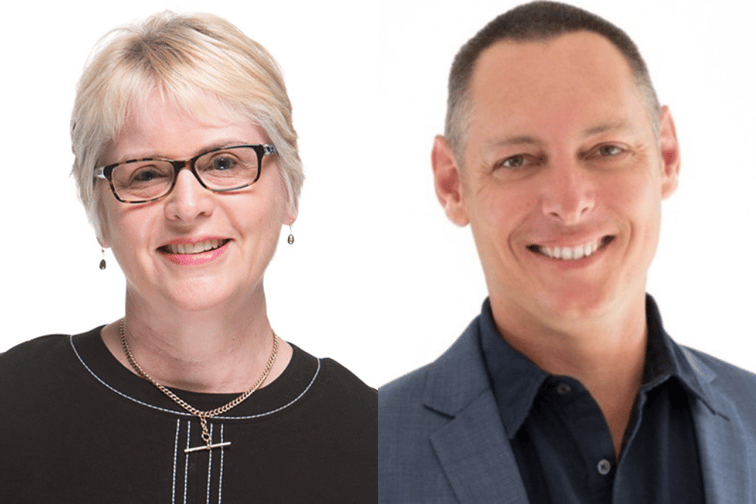

Gold Coast apartment sales continue tracking higher than pre-pandemic levels, despite building constraints keeping supply levels below historic averages.
The latest Urbis Apartment Essentials report has revealed 336 new apartment sales were recorded on the Gold Coast in the third quarter of 2022, which is significantly below the 690 sales in the corresponding period in 2021 and a record-breaking 742 during Q1 of 2021.
The suburbs of Surfers Paradise and Broadbeach dominated the latest sales data with six of the 10 top-selling projects located in these two suburbs.
Urbis senior consultant Lynda Campbell (pictured above left) said despite the fact 11 new projects were launched during the quarter, the market remained broadly undersupplied amid rising caution despite growing demand from developers and buyers.
“It’s a tug of war at the moment between what we see as strong underlying fundamentals and the risk aversion being demonstrated by both buyers and developers,” Campbell said.
“Rising construction costs have led many developers to put their projects on the sidelines, while buyers are being swayed against purchases by rising interest rates and cost-of-living pressures. However, in talking to our clients, astute and reputable developers still see plenty of opportunity in the local market, so it’s just a matter of timing.”
Campbell said Urbis found the existing and established apartment market continued to perform relatively well.
“We’ve been looking at the general apartment market, particularly buildings in central areas that have been completed within the last 10 years. These properties have recorded significant increases in sales numbers which shows that demand is still very much present – an important factor with a large portion of new product settling over the next three to six months.”
Campbell said with construction costs currently “front of mind” for developers, more projects might be put on hold in 2023 which could maintain the supply pressure on new apartments.
“However, the factors currently driving caution in the market, such as construction costs, supply chain issues and interest rates will ease at some stage,” she said.
Read next: Call to expand approved housing projects
Urbis reported the September quarter ended with 983 new apartments available for sale, compared with 517 a year earlier. The Gold Coast’s five-year average quarterly supply was 1,400 apartments and at the current rate of sales, there is just 8.8 months of supply in the market.
Xavier Quenon (pictured above right) principal mortgage and finance broker from Gold Coast brokerage Go Mortgage said the local property market remained strong and the level of property transactions were high.
“Vendor expectations in the area has been reined in with asking prices becoming more in line with actual market valuations compared to being completely inflated during the crazy COVID-19 period,” Quenon said. “This means that capital growth trends have subdued, however, prices remain stable and on a slightly positive trend.”
Quenon said he believed the market would keep being strongly supported on the Gold Coast and in southeast Queensland with interstate migration still performing strong.
“Added to that now is some international migration which has been boosted by the regional skilled visa and the increase in annual quotas announced by the immigration department,” he said.
“Furthermore, the region remains one of the cheapest and most affordable metro locations in Australia where job sustainability is strong. With a population of over half a million people and situated only 45 minutes from Brisbane (a population of 2.3 million people), the region has definitely reached critical mass for sustainability.”
Quenon said there was significant infrastructure spending taking place and plans to improve public transport.
“This includes upgrading train lines to Brisbane, light rail and ferry services, road infrastructure with the building of the M2 and upgrades to the M1 and also the boost in sport and community facilities that will come from the Olympics that are only 10 years away now,” he said.
“Even with increased interest rates, buying is still cheaper than renting in most cases and with the rental market being completely undersupplied, I believe both homeowners and investors will find that being in the property market is going to remain very rewarding financially in both the short and long term. Over and above being an essential need to have a ‘roof over your head’, we see that property remains a cornerstone of wealth creation and retirement planning and that trend is unlikely to change anytime soon.”
